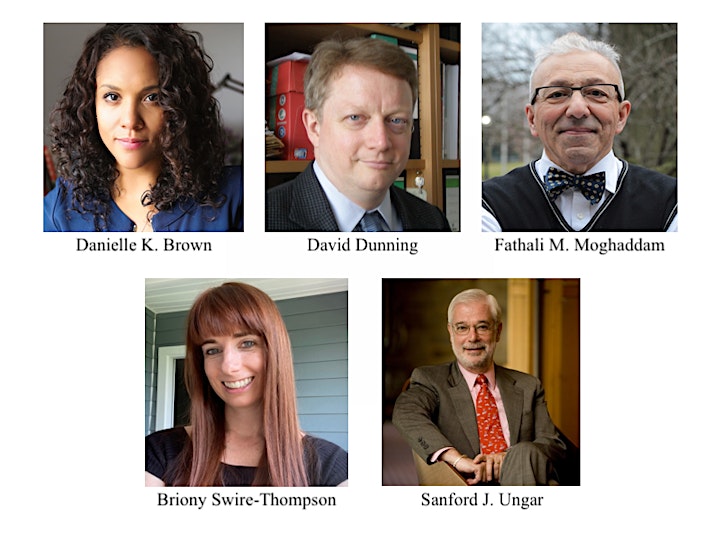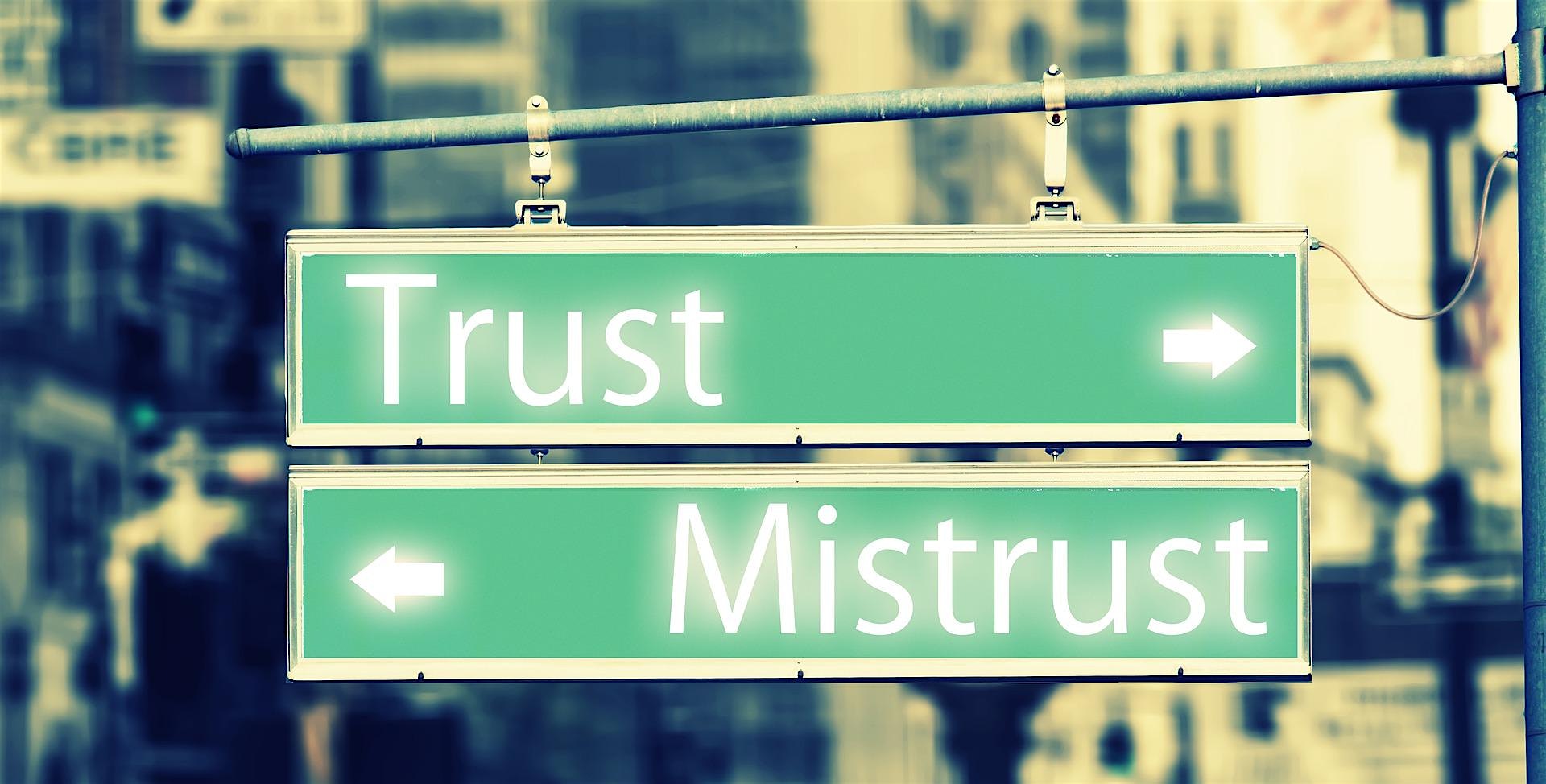Description
The Free Speech Project - Does Our 'Knowledge' These Days Rely on Facts, Rumors, or Bogus Theories?
From climate change to a global pandemic and even a presidential election, a tradition of national trust in expertise and authority has been pushed aside in the United States, in favor of random personal opinions, rumors, and even conspiracy theories perpetuated on social media. But if an educated populace is essential for democracy to function effectively, how might we address the surging confusion and cynicism among the general public? How can we mitigate the problem of false equivalencies that have invaded dialogues on scientific, technical, political, and social issues? What is the impact on Free Speech as we know and practice it?
This online conversation will feature a social psychologist who studies human misbelief and disbelief; a political psychologist who examines the cognitive processes underlying democracy and dictatorship; a scholar of political communication who investigates the intersection of news media, underserved and historically excluded communities, and social justice efforts; and a senior research scientist who investigates what drives belief in inaccurate information. The moderator will be Sanford J. Ungar, director of Georgetown University’s Free Speech Project.
This event is sponsored by the Free Speech Project (Georgetown University)
Featured:
Danielle K. Brown is the John & Elizabeth Bates Cowles Professor of Journalism, Diversity and Equality in the Hubbard School of Journalism and Mass Communication at the University of Minnesota, Twin Cities. She is an award-winning political communication researcher of interactions among the news media, underserved and historically excluded communities, and social justice movements. Brown has a doctoral degree in journalism from the University of Texas at Austin, and received her master’s and bachelor’s degrees from Baylor University.
David Dunning is a professor of psychology at the University of Michigan focusing on the phenomenon of human misbelief. His most-cited work shows that people often hold flattering opinions of their own character and competence that cannot be justified by objective evidence, work supported by the National Institute of Mental Health, the National Science Foundation, and the Templeton Foundation. Dunning is half of the team responsible for describing the “Dunning-Kruger effect,” in which ignorance fails to recognize itself. He holds a BA from Michigan State University and a PhD from Stanford University.
Fathali M. Moghaddam, a professor of psychology at Georgetown University, edits the Cambridge University Press series on Progressive Psychology. He previously edited the journal Peace and Conflict: Journal of Peace Psychology and directed the Interdisciplinary Program in Cognitive Science and the Conflict Resolution Program at Georgetown. Moghaddam’s books include The Psychology of Dictatorship, The Psychology of Democracy, and Threat to Democracy: The Appeal of Authoritarianism in an Age of Uncertainty.
Briony Swire-Thompson directs the Psychology of Misinformation Lab at Northeastern University in Boston. Her research investigates what drives belief in inaccurate information, why certain individuals are predisposed to refrain from belief change even in the face of good corrective evidence, and how corrections can be designed to maximize impact. She is currently funded by a NIH Pathway to Independence Award from the National Cancer Institute. Swire-Thompson holds a BA and a PhD in psychological science from University of Western Australia.
Sanford J. Ungar (moderator), president emeritus of Goucher College, is director of the Free Speech Project at Georgetown University, which documents challenges to free expression in American education, government, and civil society. Director of the Voice of America under President Bill Clinton, he was also dean of the American University School of Communication and is a former co-host of "All Things Considered" on NPR.

ZOOM INFO:
Hi there,
You are invited to a Zoom webinar.
When: Feb 28, 2022 02:00 PM Eastern Time (US and Canada)
Topic: Does Our 'Knowledge' These Days Rely on Facts, Rumors, or Bogus Theories?
Please click the link below to join the webinar:
https://georgetown.zoom.us/j/95355113421
US: +16465588656,,95355113421# or +16513728299,,95355113421#
Or Telephone:
Dial(for higher quality, dial a number based on your current location):
US: +1 646 558 8656 or +1 651 372 8299 or +1 786 635 1003 or +1 267 831 0333 or +1 301 715 8592 or +1 312 626 6799 or +1 470 250 9358 or +1 470 381 2552 or +1 646 518 9805 or +1 602 753 0140 or +1 669 219 2599 or +1 669 900 6833 or +1 720 928 9299 or +1 971 247 1195 or +1 213 338 8477 or +1 253 215 8782 or +1 346 248 7799
Webinar ID: 953 5511 3421
International numbers available: https://georgetown.zoom.us/u/aexUn5TBAc
Or an H.323/SIP room system:
H.323:
162.255.37.11 (US West)
162.255.36.11 (US East)
115.114.131.7 (India Mumbai)
115.114.115.7 (India Hyderabad)
213.19.144.110 (Amsterdam Netherlands)
213.244.140.110 (Germany)
103.122.166.55 (Australia Sydney)
103.122.167.55 (Australia Melbourne)
149.137.40.110 (Singapore)
64.211.144.160 (Brazil)
149.137.68.253 (Mexico)
69.174.57.160 (Canada Toronto)
65.39.152.160 (Canada Vancouver)
207.226.132.110 (Japan Tokyo)
149.137.24.110 (Japan Osaka)
Meeting ID: 953 5511 3421
SIP: 95355113421@zoomcrc.com

